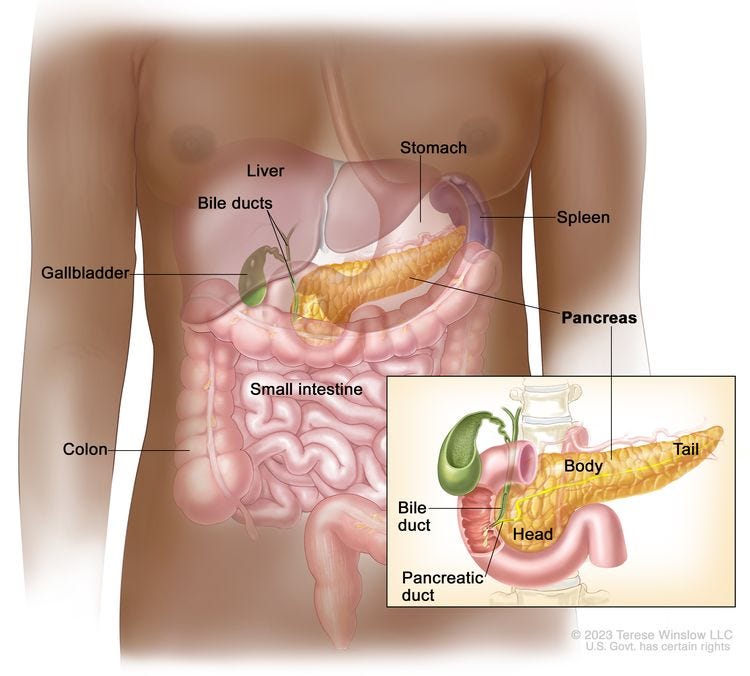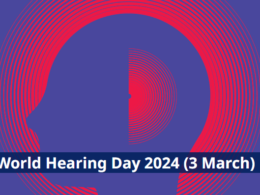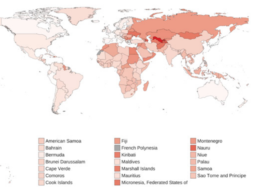TheHealthandTech.Foundation
for continuous health transformation,
digital health, and data & ai driven health care
Cancer Institute
Pancreatic Cancer Unit
Joaquim Cardoso MSc
January 27,2024
One Page Summary:
There are pressing issues of pancreatic cancer within Europe, and there is a dire impact on public health and the urgent need for action.
Alarming Mortality Rates:
Pancreatic cancer ranks as the fourth leading cause of cancer-related deaths in Europe, with mortality rates exceeding 90%. Despite being the seventh most common cancer type, its prognosis remains bleak, with only 3% of patients surviving beyond 5 years post-diagnosis.
Challenges in Diagnosis and Treatment:
The disease’s asymptomatic nature and nonspecific symptoms make early diagnosis challenging. Furthermore, treatment options are limited, with only a small fraction of patients deemed suitable for surgery, and even then, recurrence rates are high.
Lifestyle Factors and Risk:
European lifestyle habits, including obesity, sedentary behavior, red meat consumption, and excessive alcohol intake, contribute significantly to the region’s high incidence of pancreatic cancer. Additionally, risk factors such as smoking, diabetes, chronic pancreatitis, and family history play roles in its development.
Need for Awareness and Research:
There is a critical need for increased awareness campaigns to educate the public about pancreatic cancer and its risk factors.
Moreover, more substantial funding for translational and clinical research is imperative to develop effective prevention, early detection, and treatment strategies.
Promising Developments:
Despite the challenges, there are promising initiatives underway. Projects like PANCAID and PANCAIM aim to identify biomarkers and employ AI algorithms for earlier detection.
Additionally, advancements in mRNA vaccines show potential in preventing cancer recurrence.

Calls to Action:
The article underscores the necessity for healthcare policies to prioritize specialized care centers and allocate more funding to pancreatic cancer research.
Collaboration and networking among European countries are essential to implement effective prevention, diagnosis, and treatment measures.
There is a urgent need to address Europe’s pancreatic cancer crisis through concerted efforts at various levels, including public awareness, research funding, and healthcare policy reforms. By doing so, there is hope for improving patient outcomes and mitigating the devastating impact of this disease on individuals and society as a whole.
Names mentioned
- Professor Alfredo Carrato: Chairperson of Pancreatic Cancer Europe; Emeritus Professor of Medical Oncology at the University of Alcalá, Madrid, Spain.
- Professor Mattias Löhr: Affiliated with the Karolinska Institutet, Stockholm, Sweden.
- Henkjan Huisman: Professor of Medical Imaging AI at Radboud University Medical Center, Nijmegen, the Netherlands; Head of the European Union (EU)-funded PANCAIM project.
Original source: Original version “Europe Is Facing a Pancreatic Cancer Emergency”, written by Siobhan Harris on January 25, 2024, and published on Medscape.












